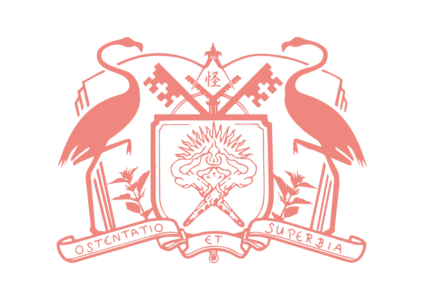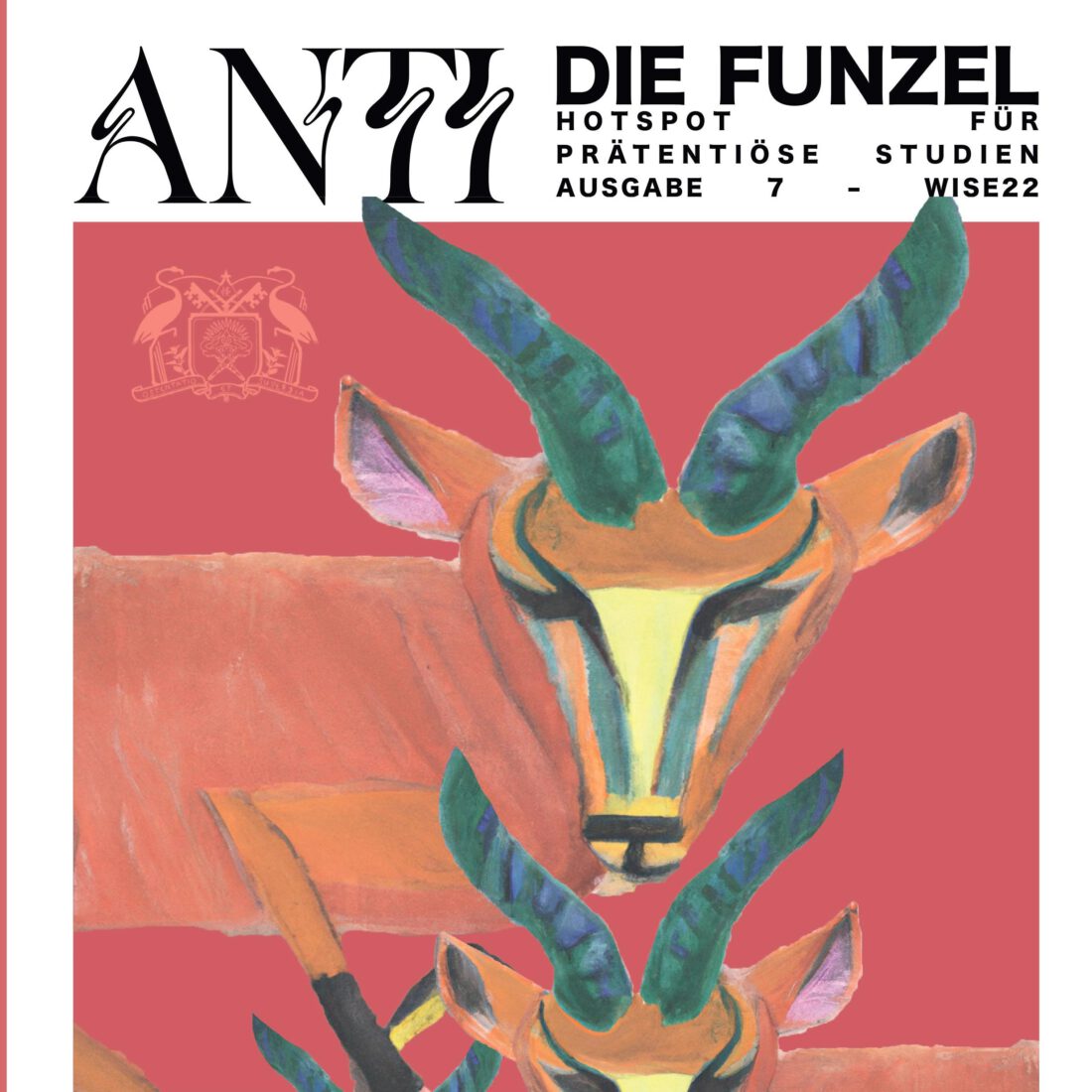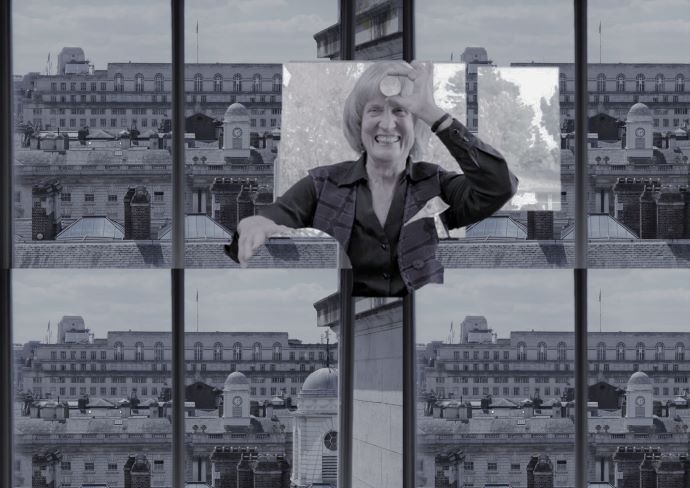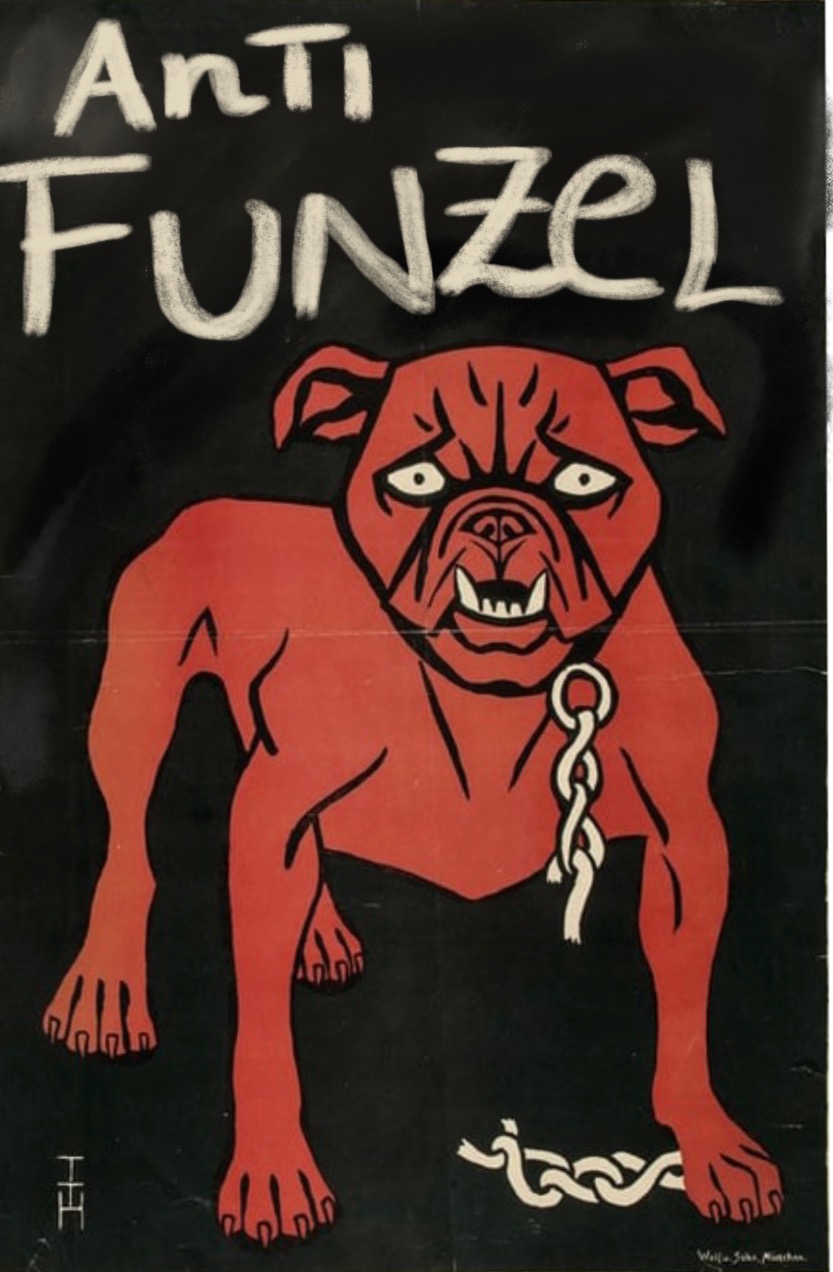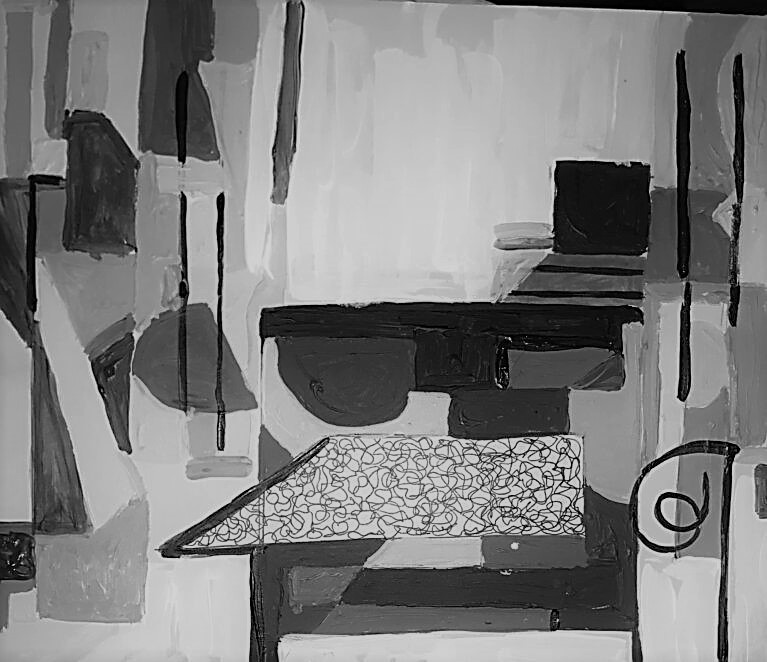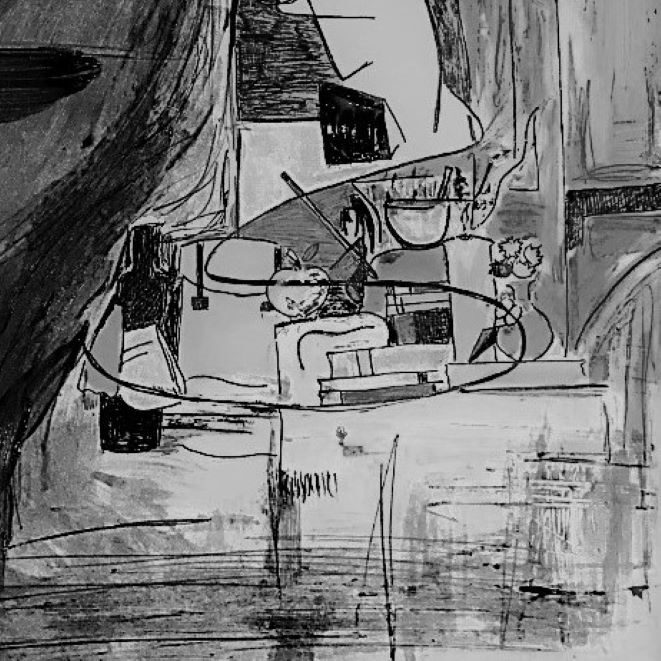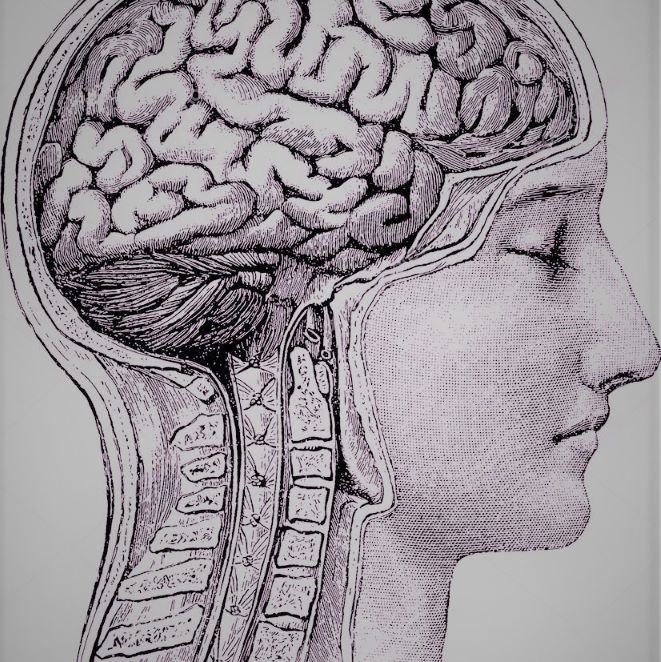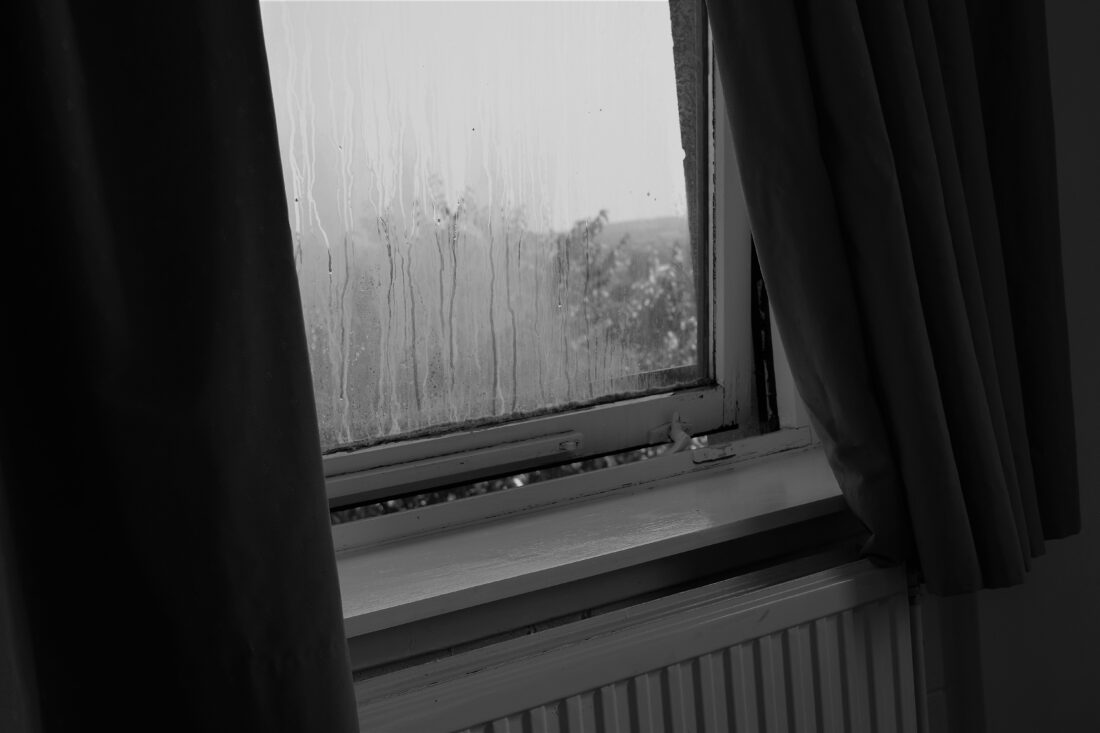Endlich - die Funzel ist tot. Es gibt nur noch die Anti-Funzel! (Lang lebe die Anti-Funzel!) Gut gelaunt und trotzdem widerspenstig widmet sich diese Ausgabe dem Widerstand, der Gegenkultur, der Empörung, dem Alternativen bzw. Subversiven. Neben Essays versammeln sich hier literarische Notizen, Gedichte und vieles mehr. So geht es beispielsweise sowohl um die philosophische Reflexion … Weiterlesen Die Funzel ANTI ist da!
Das Letzte
Ironie und Verortung
Die Ironie ist als rhetorisches Mittel so tief in unserem alltäglichen Sprachgebrauch verankert, dass wir ihre vielfältigen Dimensionen oft gar nicht hinterfragen. Sie kann Witz und Waffe sein, sie kommuniziert Leichtigkeit und dient als sardonische Fassade. In jedem Fall stellt die Ironie ein Instrument der Verfremdung dar, das das Sichtbare trüben und das Trübe sichtbar machen kann.
Wider den Adultismus, Jugend ist Tugend!
Wenn Demokratie ein Fußballspiel wäre, welchen Platz würden Jüngere darin einnehmen? Wären sie Teil des Spiels, um auf dem Feld für den Sieg der eigenen Ideen zu kämpfen? Wären Sie Bankdrücker, die nur dann aufs Feld dürfen, wenn die Gestandenen es bereits vermasselt haben oder das Ergebnis schon so absehbar ist, dass kein „Schaden“ mehr entstünde?
Call for ANTI
Funzel goes ANTI. Scheiß auf Da-Sein, , wir wollen Da-gegen-sein. Sie auch? Dann schreiben Sie uns an redaktion@diefunzel.com.
A Sketch of Modern Antisemitism and Racism
In the first part of this essay, I seek to briefly elucidate how Moishe Postone distinguishes modern antisemitism from other forms of racism. Following that, I aim to demonstrate how, in spite of its specificity, the former is able to work in tandem with the latter.
Der Kampf um den Alltag ist ein ‚Uphill Battle‘
Es ist einfach, über alle möglichen Begebenheiten zu schreiben, wenn man in einer privilegierten Position ist. Tagespolitik, Kriege, kanonische Werke, Solidarität, Empörung – überall und nirgendwo kann sich die Aufmerksamkeit enthalten, kann zugreifen, wenn es beliebt. Aber es ist nicht einfach darüber zu schreiben, was misslingen kann, wenn man dieser Privilegien beraubt ist. Denn wer wäre man schon, sich anzumaßen, seinen Senf dazugeben zu dürfen?
Alles Gute zum Tag der Frau, du Arschloch
Alles Gute zum Tag der Frau, du Arschloch.
A Syntax of Brainwaves
In this article, after explaining some fundamental linguistic terminology and summarising the main differences between the Essentialist (“Chomskyan”) approach and two other important tendencies in linguistics, I will argue that, in addition to the study of performance, neuroscience can also contribute to the development of theories of competence, on the basis of recent studies which show a relationship between abstract, “higher” linguistic structures and concrete, “lower” electrical behaviours of neurons.
Funzel Frühjahrs-Akademie 2022
Meldet euch gerne für unsere Frühjahrs-Akademie an!
Er wird gemerkelt haben
Ein vorausschauender Rückblick auf die Legislatur Scholz I im Futur II
